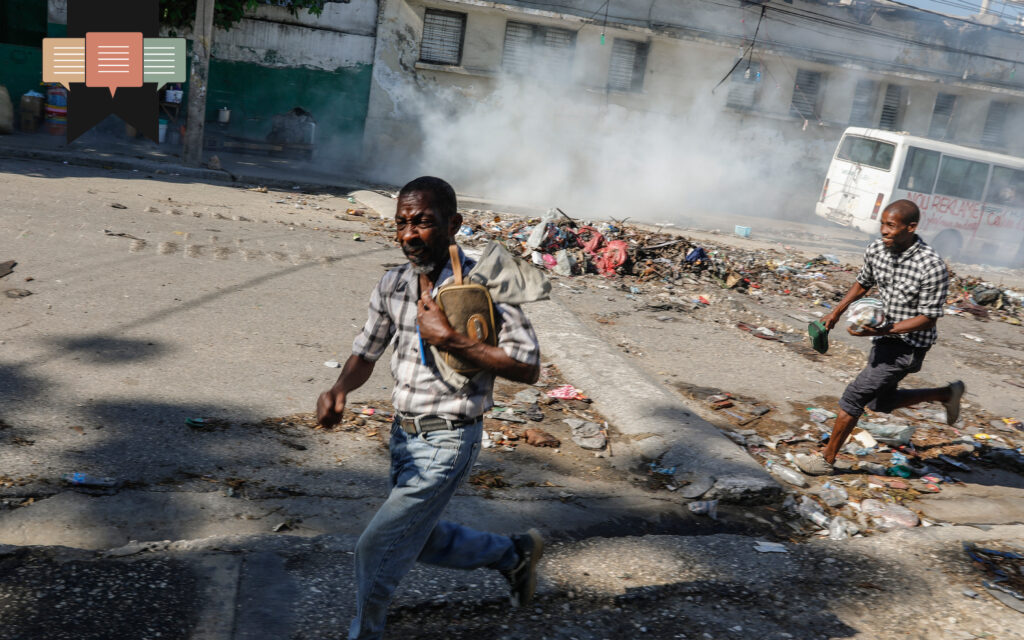
Published April 3, 2024
On March 17, a plane carrying refugees from Haiti landed in South Florida. These were American citizens, evacuated by the State Department, but it may not be long before other Haitian refugees show up on U.S. soil—only arriving by boat and in far more desperate straits. As one of America’s closest neighbors spirals into outright anarchy and starvation, it is tempting to simply avert our eyes from the horrifying spectacle, the latest episode in what seems an unending saga of woe.
In just the past generation, Haiti has seen multiple civil wars, international interventions, and one of the worst natural disasters in history—a period of poverty, instability, and misery so unrelenting that the three-decade dictatorship of the Duvaliers (1957-1986) seems almost pleasant by comparison. And further back, the picture gets no brighter: Poverty, corruption, civil wars, assassinations seem to make up most of Haiti’s history since the brutally violent slave uprising and revolution that gave birth to the country in the 1790s. Is Haiti simply condemned to perpetual wretchedness, or is there something we should do to help?
Click here to continue reading.
Brad Littlejohn, Ph.D., is a Fellow in EPPC’s Evangelicals in Civic Life Program, where his work focuses on helping public leaders understand the intellectual and historical foundations of our current breakdown of public trust, social cohesion, and sound governance. His research investigates shifting understandings of the nature of freedom and authority, and how a more full-orbed conception of freedom, rooted in the Christian tradition, can inform policy that respects both the dignity of the individual and the urgency of the common good. He also serves as President of the Davenant Institute.











